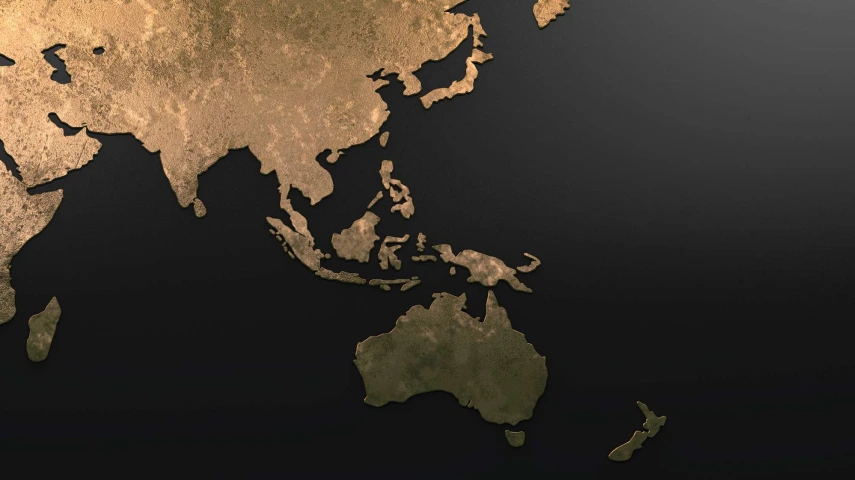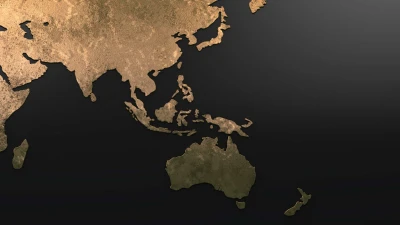The value of Australia to overseas ETF providers



Industry ETF commentators are divided about the appeal of Australia as an investment destination, with some viewing it as a gateway to Asia-Pacific while others are valuing its unique characteristics.
There has been much commentary about how overseas fund managers are actively seeking to launch ETFs into Australia, with mid-tier managers looking to the products to boost inflows and generate new revenue sources.
New players that burst into the local market last year included Claremont, Lazard Asset Management and Monochrome, among others.
Earlier this month, State Street said it was expecting to see at least three US$100 billion asset managers likely enter the Australian ETF market this year as a pathway to the wider APAC region.
State Street’s head of ETF Solution-APAC, Ahmed Ibrahim, said: “Based on our experience working with asset managers entering the ETF market in North America and Europe, they frequently indicate Australia is an entry to broader Asia. With this information and knowing the clients that have launched in North America, we can confidently predict several of them will be entering the Australian market this year.”
This was echoed by EY’s UK ETF leader, Tim West, who said overseas managers view Australia as a way to “test the waters” before launching into the wider Asia-Pacific market.
“Some global asset managers view Australia as a strategic entry point for expansion into the broader Asia-Pacific region – enabling firms to test the waters where the regulatory environment, language and financial infrastructure may be more closely aligned to their other key markets. This strategy not only mitigates risk, but provides valuable insights into the market dynamics before making a more substantial regional commitment,” West told Money Management.
The APAC region saw growth of 47 per cent during 2024, according to State Street data, and has over 4,000 products available with strong inflows to persist and global issuers set to enter the market. While Australia has 375 products, it pales in comparison to China and South Korea which both have over 1,000 products available.
By assets under management, Australia has US$151.8 billion, while Japan has US$572.7 billion, and China has US$505.9 billion.
But, appearing at a Calastone event in Sydney, Oran D’Arcy, head of APAC listings at Cboe, and Paul Elflain, global head of DMI sales at Calastone, both said Australia was worth considering on its own merits.
According to State Street, approximately 2 million of Australia’s 10.7 million investors hold ETFs in their portfolio, and 43 per cent of self-managed superannuation funds (SMSFs) use ETFs. Financial advisers said they are planning to increase allocations to ETFs by more than 33 per cent next year.
D’Arcy said: “I would look at Australia on its own merits: we have a huge superannuation market, a growing market for ETFs, the size of the retail market is attractive. Australia may be the fourth-largest market in APAC, but it is on a good growth trajectory of its own.”
Elflain added: “You have to consider each market individually, what is similar between them and what is different? What can you bring over from other markets, and what should you leave behind?”
For example, Asia-Pacific has only recently caught up to active ETFs compared to the US with index-based ETFs still accounting for 96 per cent of the market, according to JP Morgan Asset Management. Australia has the most established usage, having offered active ETFs since 2015, but Singapore and Taiwan only started offering them in 2024.
Recommended for you
The use of total portfolio approaches by asset allocators is putting pressure on fund managers with outperformance being “no longer sufficient” when it comes to fund development.
With evergreen funds being used by financial advisers for their liquidity benefits, Harbourvest is forecasting they are set to grow by around 20 per cent a year to surpass US$1 trillion by 2029.
Total monthly ETF inflows declined by 28 per cent from highs in November with Vanguard’s $21bn Australian Shares ETF faring worst in outflows.
Schroders has appointed a fund manager to its $6.9 billion fixed income team who joins from Macquarie Asset Management.











